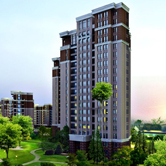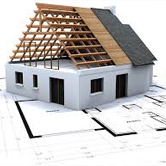

Institutional Construction Services 2024
Institutional Construction refers to the onstruction of public buildings, such as hospitals, schools, and IT Industrial recreational centres. The Mercy Shelters structures are regulations than residential buildings. Also, they have flexible enough to respond to the changing needs of their users and the emergence of new trends and technologies.
An Institutional Construction Service projects requires the expertise of architects, engineers, contractors, construction workers, carpenters, welders, electricians, plumbers, and other construction-related professionals. However, since institutional buildings can vary significantly in terms of function, structure, and design, many of these professionals need to have extensive experience and specialized knowledge in designing or constructing the particular type of structure.
The latest trends impacting the Institutional Construction sector include the availability of new building materials, data-driven decision-making, and the concept of completion approaches. While these advancements can help Institutional Construction Builders increase productivity, reduce construction spending, and create high quality structures, they have new challenges, such as shortages of skilled workers, technology adaption, sustainability concerns, and compliance with new regulations.
Equipment in Institutional Construction Industry
Institutional Construction Industry requires the same types of equipment as other forms of construction. However Industrial is depending on the function, components, and design of the structured quality, and it may also involve the use of specialized equipment’s. The Plot Industrial Development is following a list of equipment used in institutional construction project. The Construction have on-time delivery ensures a seamless construction journey, bringing your vision to life with precision and expertise.
The Mercy Shelters has Institutional Construction Technology, such as Contract and Building Management Systems (BMS), can be instrumental in gathering real-time data. Institutional support is often necessary to facilitate continuous monitoring and improvement. Implementing corrective measures based on feedback can enhance the building’s performance over its lifecycle.






